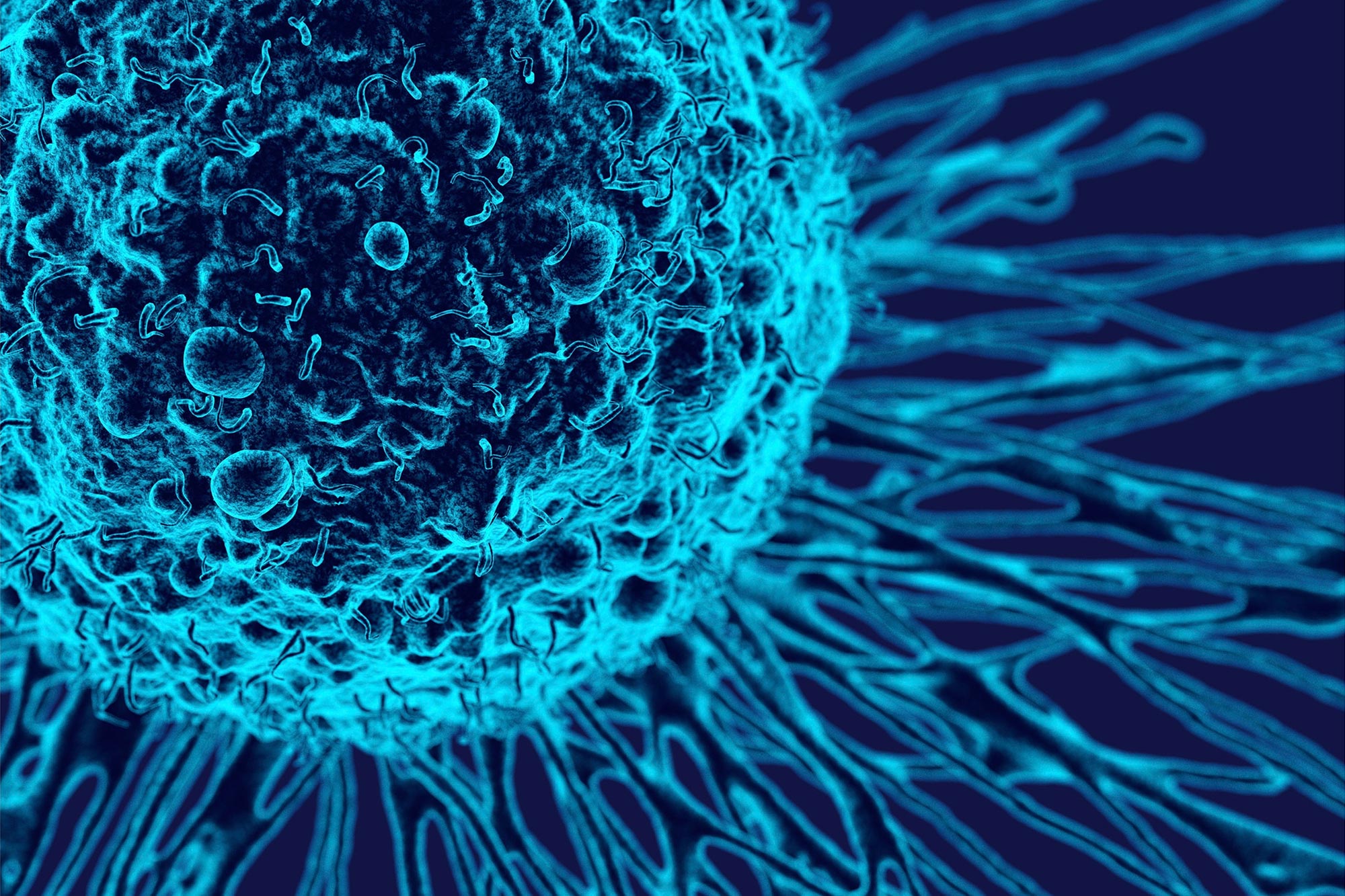Researchers discover that cancer itself can trigger signs of aging, creating opportunities to address cancer-related health complications.
A recent investigation conducted by researchers at Moffitt Cancer Center has shown that lymphoma can speed up the biological aging of both the immune system and other tissues, offering a new perspective on how cancer affects the body beyond the growth of tumors.
The study, published in Cancer Cell, demonstrated that B cell lymphoma quickly alters young T cells, important defenders of the immune system, so that they resemble the T cells typically found in much older people. These changes were marked by heightened inflammation, disrupted protein regulation, and shifts in iron balance. Signs of aging were also observed in other organs, including the blood vessels, kidneys, and intestines.
Cancer triggers systemic signs of aging
“Cancer doesn’t just grow in isolation; it has widespread effects on patients. We found that lymphoma alone, without treatment, is enough to provoke systemic signs of aging,” said John Cleveland, Ph.D., senior author and chief scientific officer at Moffitt. “This helps explain why many cancer patients experience symptoms typically associated with aging.”
Traditionally, accelerated aging in cancer patients has been attributed to treatments such as chemotherapy or radiation. Although those therapies are known to contribute to cellular aging, this study reveals that the cancer itself can drive immune cells and tissues into an aged condition.
Opportunities to reverse cancer-driven aging
“Our results also suggest there may be opportunities to reverse some cancer-driven aging effects,” said Rebecca Hesterberg, Ph.D., the study’s lead author and a researcher in Moffitt’s Department of Tumor Microenvironment and Metastasis. “By understanding the biology, we can begin to think about interventions that not only treat the cancer but also protect or even restore healthy immune function.”
Researchers discovered that lymphoma-exposed T cells accumulated excess iron, making them resistant to a type of cell death called ferroptosis. They also exhibited defects in protein quality control, a hallmark of aging. Some of these changes were reversible when tumors were eliminated in animal models, pointing to new therapeutic opportunities.
With the global population aging and cancer risk rising with age, the study underscores the importance of understanding how cancer interacts with aging biology.
Reference: “Lymphoma accelerates T cell and tissue aging” by Rebecca S. Hesterberg, Joshua T. Davis, Komal J. Handoo, Aya G. Elmarsafawi, Anthony C. Augello, Chia-Ho Cheng, Reginald Atkins, Dae Hyun Lee, Chunying Yang, Jiqiang Yao, Krishna R. Patel, Melanie Mediavilla-Varela, Javier Pinilla-Ibarz, Carolina Soto-Palma, Frederick L. Locke, Xiaofei Song, Xuefeng Wang, Anders E. Berglund, Paulo C. Rodriguez, Gero Knittel and John L. Cleveland, 21 August 2025, Cancer Cell.
DOI: 10.1016/j.ccell.2025.07.023
The research was supported by the National Institutes of Health (CA241713, CA244328, P01-CA250984, CA267032, AG063543, P30-CA076292 and CA233399), the Leukemia and Lymphoma Society and the Florida Department of Health (23L10).
Never miss a breakthrough: Join the SciTechDaily newsletter.
Source link
